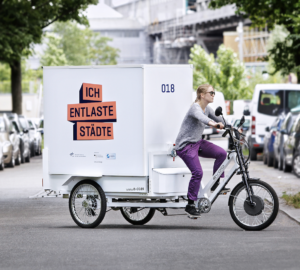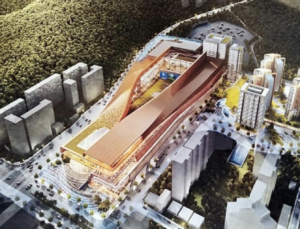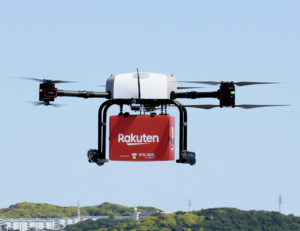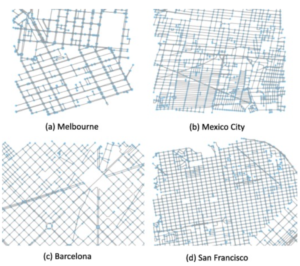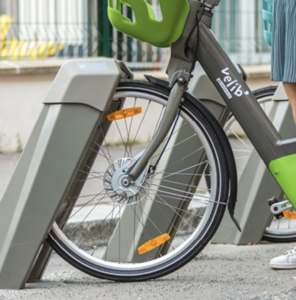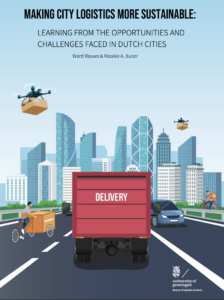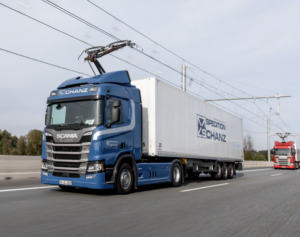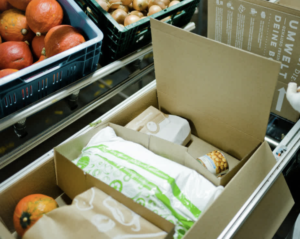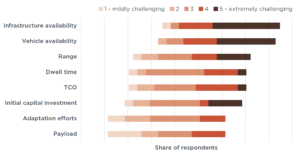Autonomous delivery robots: not on the sidewalk, please
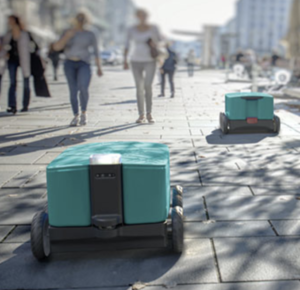
Unlike autonomous car applications, the operational area of urban service autonomous robots like autonomous delivery robots (ADRs) is not clearly defined. Moreover, assessing the feasibility of various operating scenarios is difficult due to large variations in the different robot designs, specific local infrastructure, and regulations. A new paper presents a prototype evaluation methodology based on …

